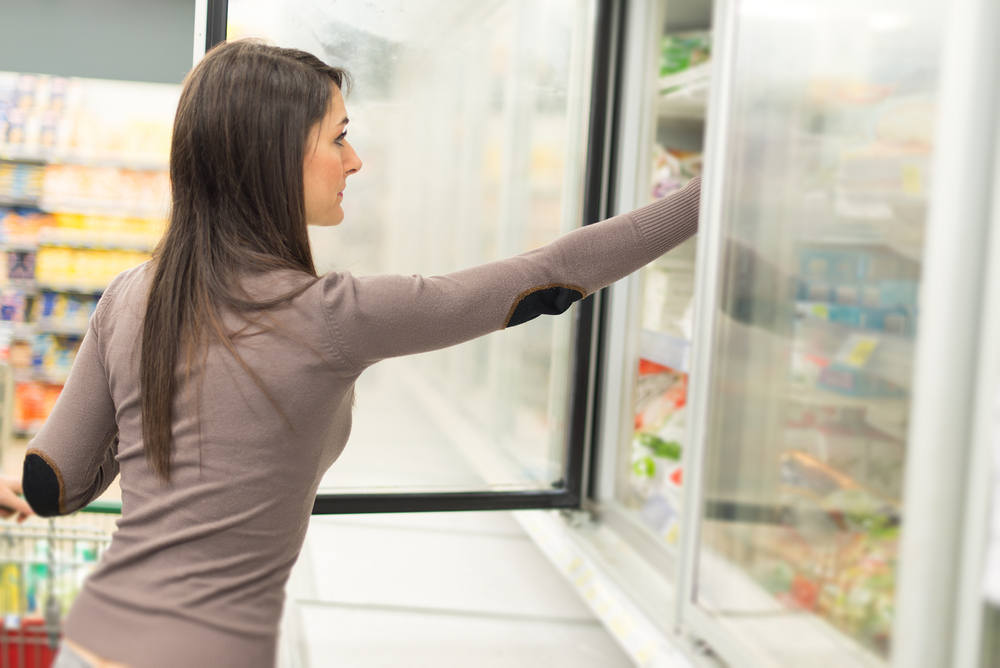A new study commissioned by Birds Eye and Iceland highlights value for money and reduction of food waste as two of the main reasons that the popularity will remain.
The survey reveals the freezer is popular with younger shoppers, with 26% of 18-24-year-olds buying more frozen equivalents of their regular fresh items and 31% trying new frozen foods such as meat substitutes. Generation Z is making frozen fashionable again, according to the research, with 40% of 18-24-year-olds stocking up on more healthy frozen options like frozen vegetables, fruit, meat and fish.
The research found that a quarter of shoppers have eaten more frozen vegetables in lockdown than they did before, with peas, sweetcorn, carrots and broccoli taking pride of place in freezers.
In addition, 33% of all UK shoppers are using their freezer more efficiently with 21% including more frozen foods in their cooking. The stats indicate this could be a long-term trend 24% plan to continue buying more frozen food after lockdown.
The research reveals that 21% of people believe frozen items can be better value for money than fresh, and 17% agreeing they can get far more for their money from shopping frozen.
Meanwhile, new data from a previously unreleased study by Manchester Metropolitan University, which analysed the financial impact of families eating fresh and frozen food, found that frozen offers around a 30% saving in comparison to fresh; and the average family could save £1,500 a year by incorporating more frozen food into their food shops.
Steve Challouma, general manager UK at Birds Eye, said: “It’s clear that whilst lockdown has brought many different challenges, new frozen shopping habits have emerged to help us save money and reduce food waste, whilst still enabling us to enjoy great quality and delicious food. The research also shows that many of us are making healthy food choices and adding more goodness to our diet – with shoppers actively buying more frozen vegetables.
“We’re excited to see shoppers discovering the many benefits of frozen food including the interesting and tasty products on offer, and how they can be enjoyed on their own or used in creating delicious recipes. As households become even more conscious of their spending, we expect this behaviour to continue.”
Richard Walker, managing director at Iceland added: “Many families have taken positive learnings from lockdown, and we recognise that families are looking to reduce both their household spending and food waste more than ever before. We believe that simple switches to frozen food can help to make a real difference, without any need to compromise on taste or quality.
“The recent findings highlight the positive role frozen food can play, and we look forward to inspiring more and more families to make the switch to frozen as a permanent change.”
 Talking Retail Grocery and product news for independent retailers
Talking Retail Grocery and product news for independent retailers






